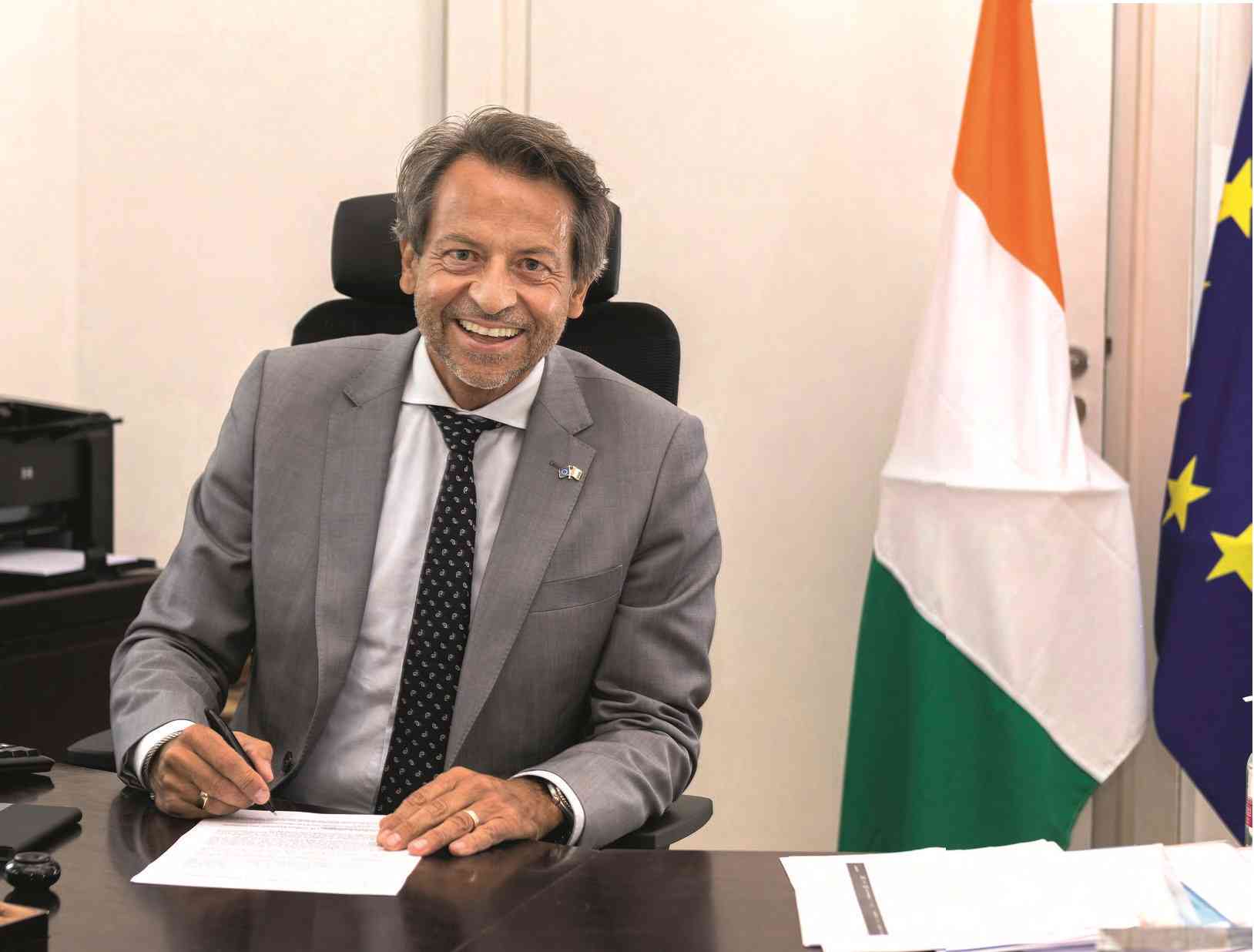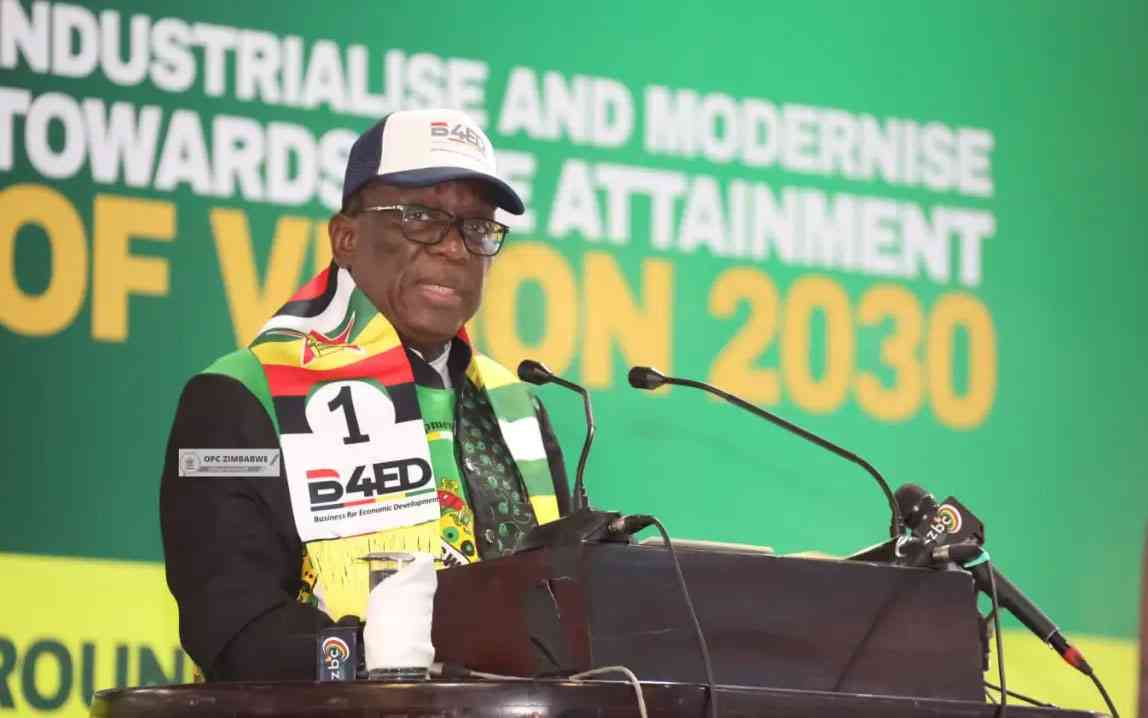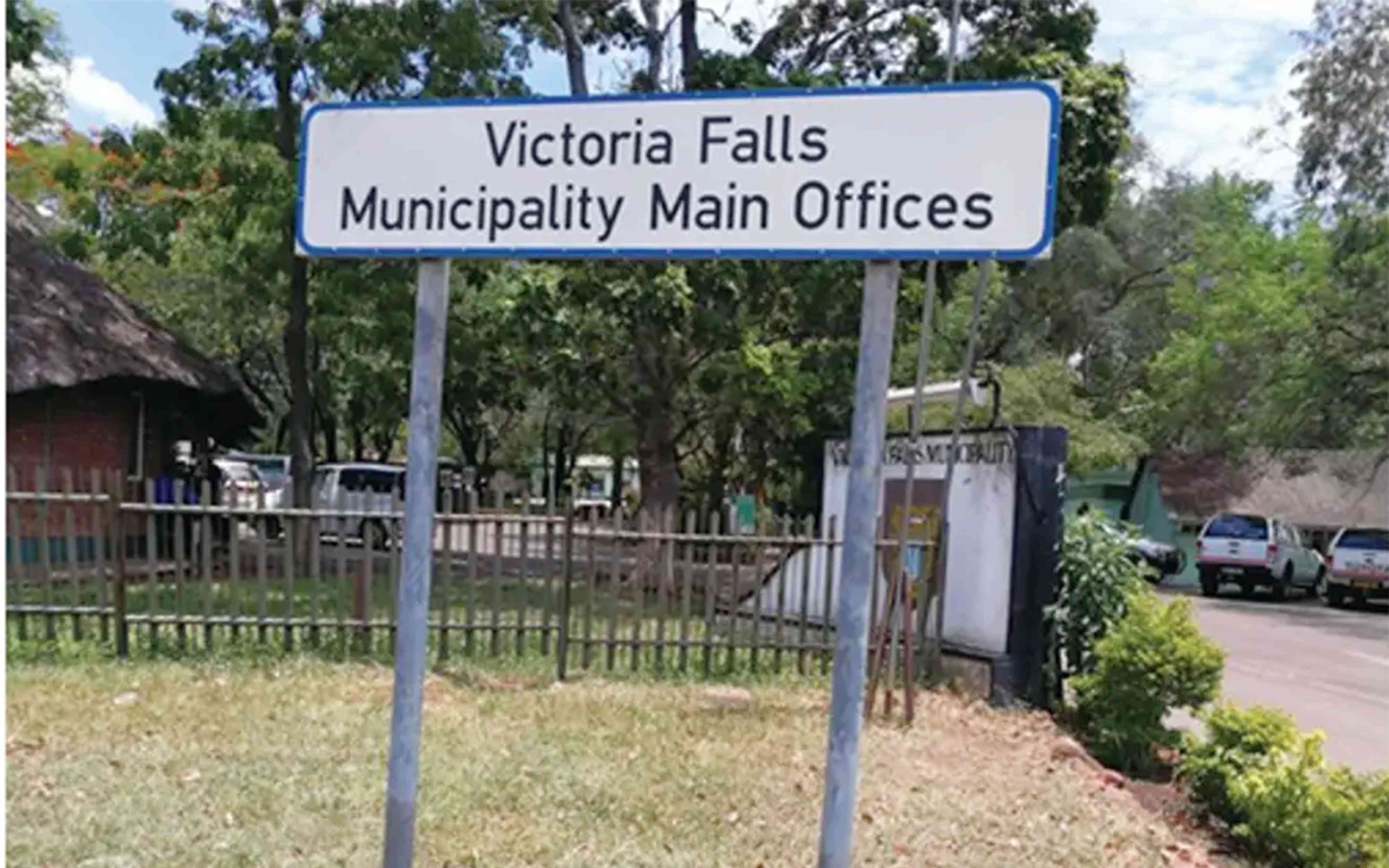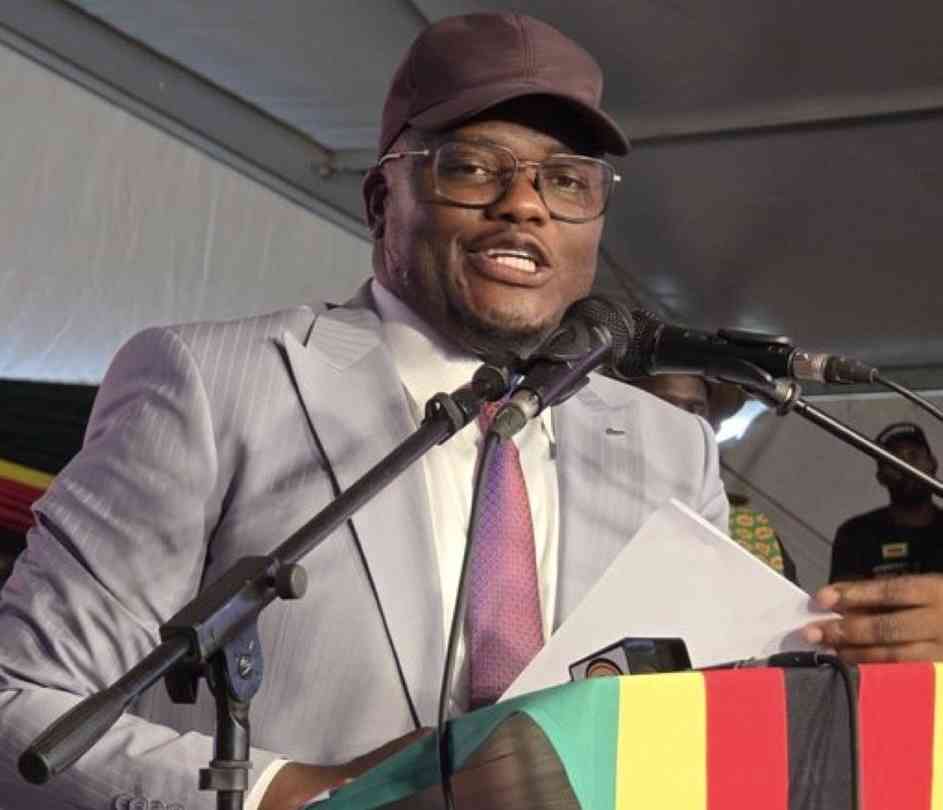
INVESTMENT enquiries from the European Union (EU) have gone down since Zimbabwe’s general elections in August, which ended with the main opposition political party rejecting the presidential results, a top diplomat disclosed this week.
In an interview with the Zimbabwe Independent, Jobst von Kirchmann, the EU’s ambassador to Zimbabwe, hinted that post-poll adverse preliminary reports by local, regional and international observer missions could have triggered investor caution.
“It is still very quiet,” the EU envoy said, referring to investment enquiries.
“I also believe we are still in a post-electoral phase. Our electoral mission is coming back mid-November to present the final report and the recommendations.
“I think a lot will depend on how the information (from the final report) is received. I think this will, in a way, lead us in the way forward between Zimbabwe and the European Union,” von Kirchmann said.
The EU Election Observer Mission, in its post-election preliminary report, indicated Zimbabwe had failed to meet international standards on holding free, fair and credible elections.
Observers from the Southern African Development Community, Carter Centre, African Union and the Commonwealth also stated that the elections did not meet international standards for the conduct of polls, triggering an outcry that saw Zimbabwe’s main opposition party, Citizens Coalition for Change (CCC) calling for a rerun.
Investment analysts have warned that the deadlock will create uncertainty that will affect foreign direct investment inflows into Zimbabwe.
- Chamisa party defiant after ban
- Village Rhapsody: How Zimbabwe can improve governance
- News in depth: Partisan police force persecutes opposition, shields Zanu PF rogue elements
- Chamisa chilling death threat bishop defiant
Keep Reading
Many expected the EU and Zimbabwe to find each other through President Emmerson Mnangagwa’s reengagement offensive.
But von Kirchmann said since the elections, the bloc was yet to hear from Zimbabwe.
“For re-engagement, you need political signals,” he said.
“You need positive political systems. So far, we are waiting for the political signals which would point us in the direction of re- engagement, or engagement.”
The EU, one of the world’s richest blocs, has been blamed for contributing to Zimbabwe's economic crisis through an embargo that has spanned 23 years. But von Kirchmann dismissed the claims, saying the EU had not imposed sanctions on Zimbabwe.
“You know as well as I do that the EU has no sanctions against the economy,” he said.
“There are no sanctions against individuals. We have maintained a restrictive measure against the Zimbabwean Defence Industry (ZDI), which does not allow our companies to sell arms to ZDI. We have no other sanctions.
“Raising this issue of sanctions and blaming us for having sanctions, even though we don't have them, is just another proof of disinformation. And it is very sad to see that because people know better. It is sad to see these attempts of undermining what the EU is doing,” von Kirchmann added.
He also dismissed reports that the EU unilaterally decided to fund Zec.
“It was a joint endeavour and not a unilaterally-imposed support for Zec. And here again, it is obvious to see that the information is not correct. We are surprised that it finds its way into public media,” von Kirchmann said.










